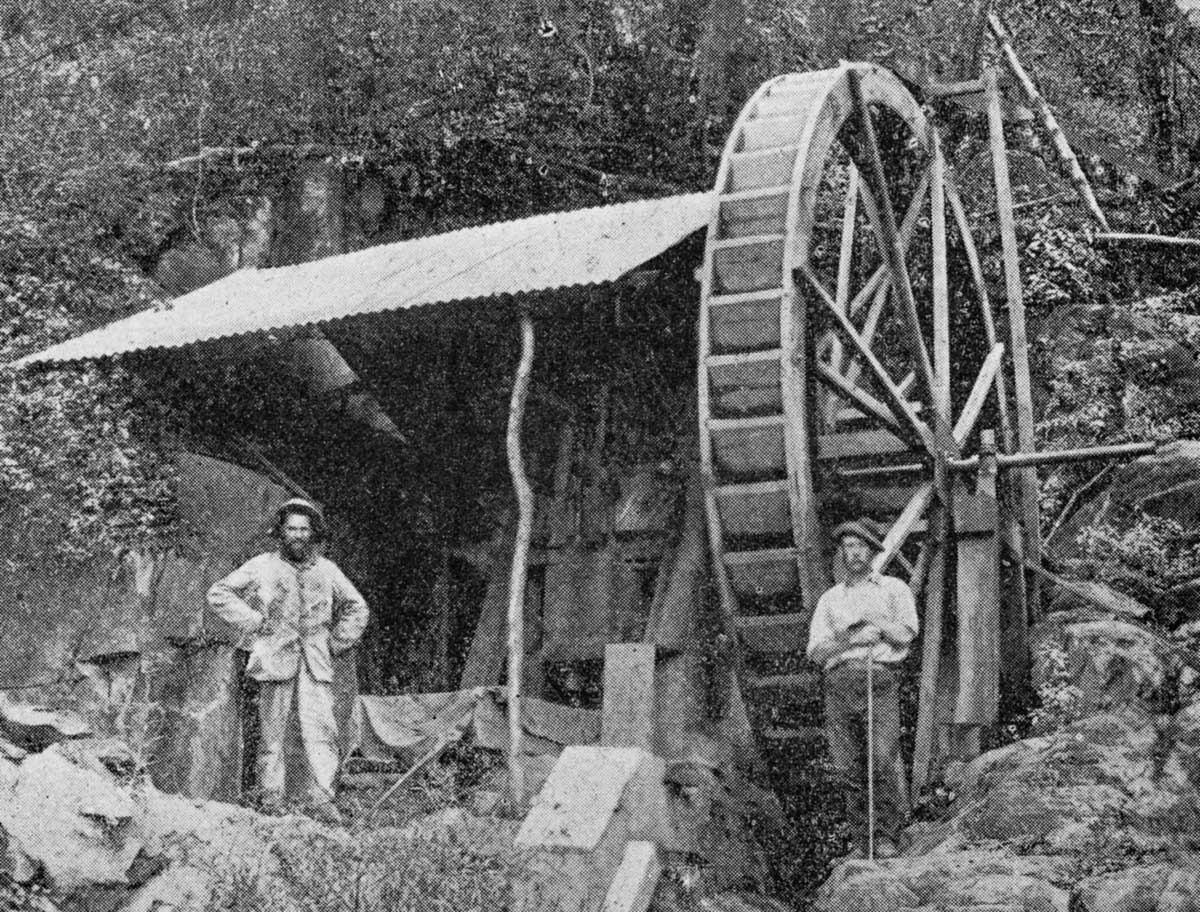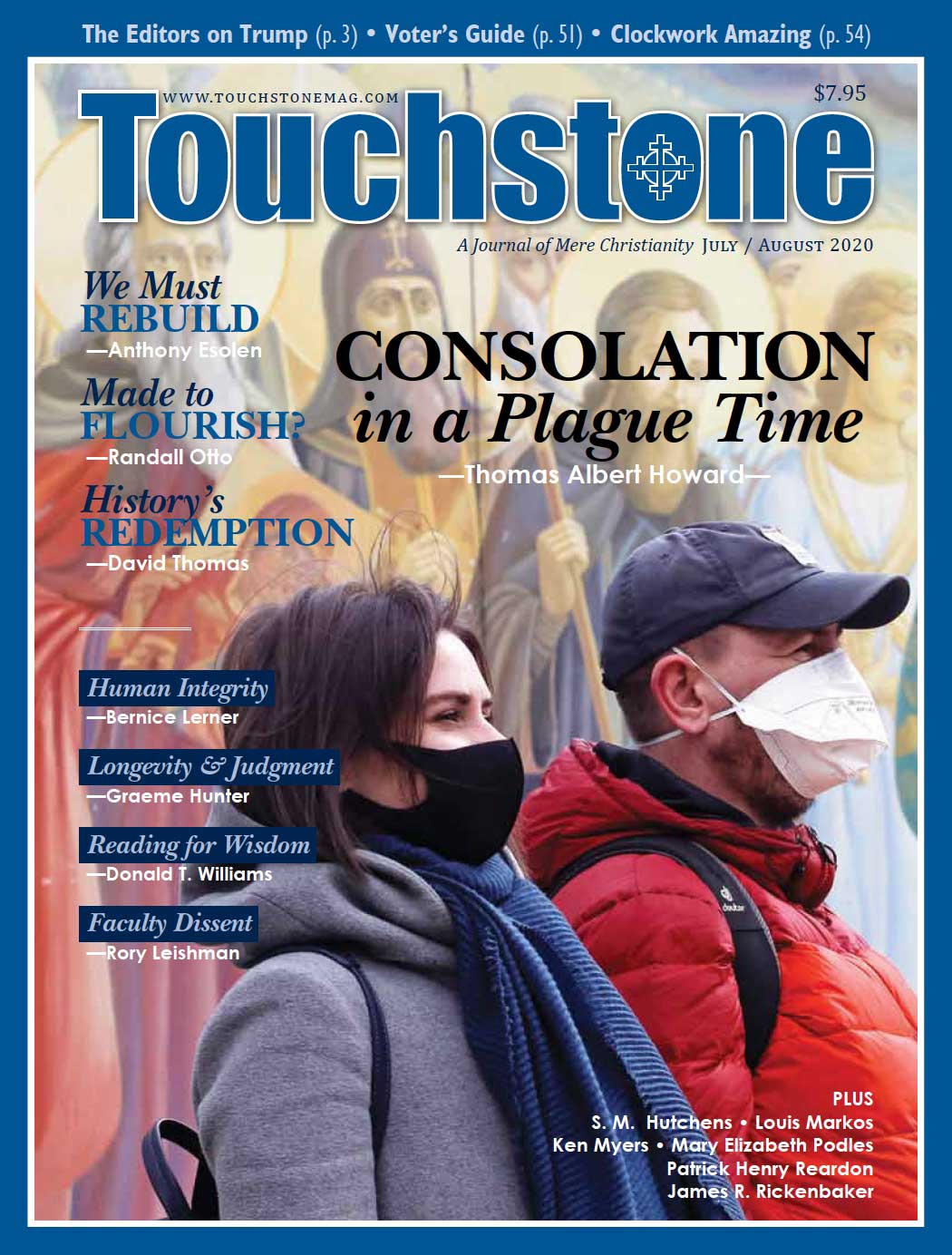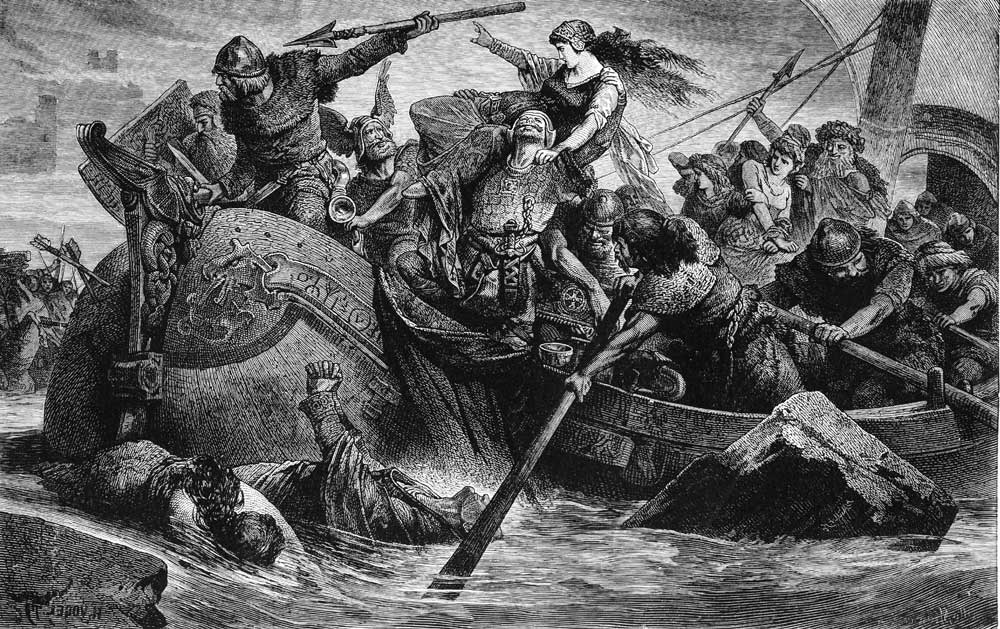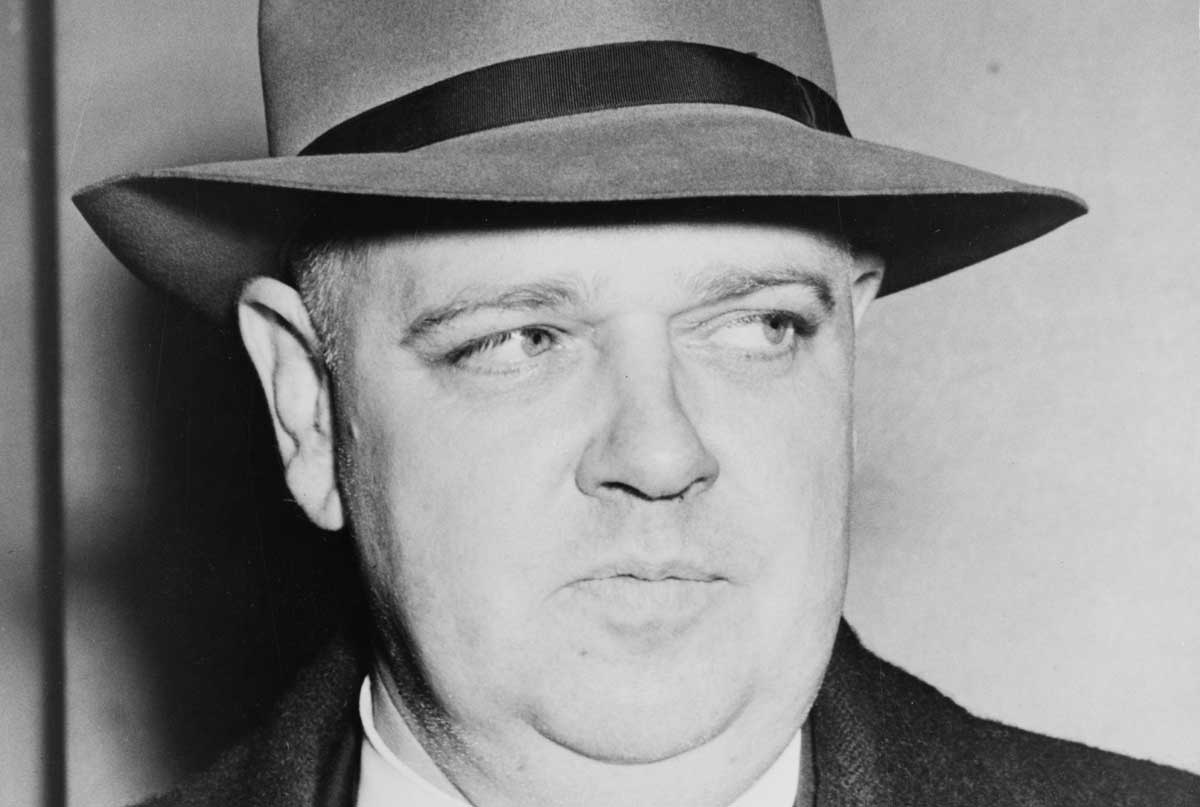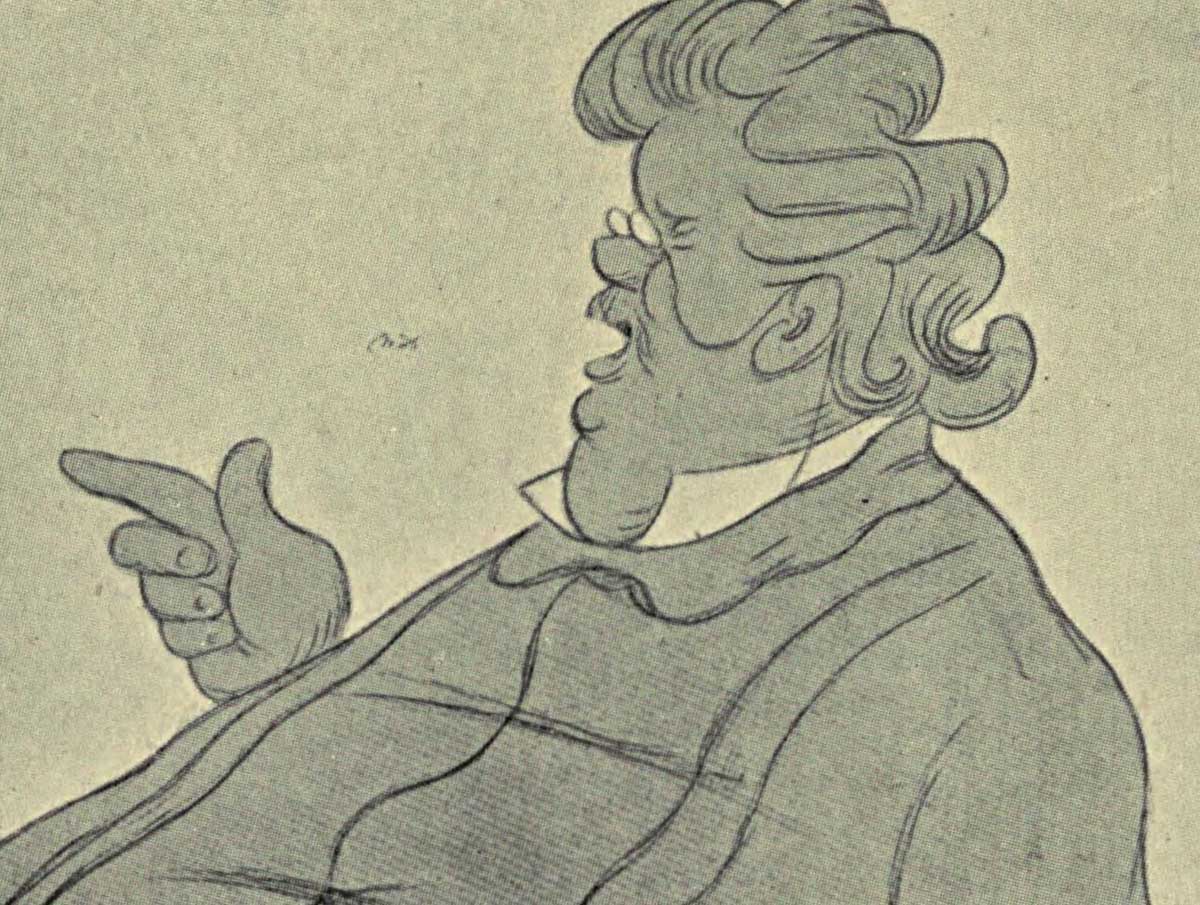Feature
History's Redemption
Christ-Centered History Elevates Us All by David Thomas
Theology and history have a long and fruitful story of engagement. At the heart of the gospel is theological truth in historical embodiment, and Christians have run with that. In their modern, professional forms, though, the two fields do not engage easily. The point of difficulty is not method or topic, however; the point of separation is confessional.
History as an academic discipline is a thoroughly secular, empirical field. It requires methodological naturalism and operates entirely within time's linearity: past, present, future. It is concerned primarily with the expression of power. Christian theology must confess Christ; it cannot be secular without abandoning its reason for being. The confession of Christ leads to an entirely different vocabulary for time from the one historians use, a vocabulary that includes terms such as Christ's mode of time, Christ's hour, sinful time, redeemed time, eternity, and more. The confession of Christ also includes a commitment to love rather than to power.
Representatives from the two disciplines hail each other in a storm, bells clanging and semaphore flags waving, but in such distress at sea that communication can readily fail or is not seriously attempted. Thus, the Christian historian faces a confessional tension. Thriving as a historian requires that materialist methods be applied in all public writing and speaking. Thriving as a Christian requires that the confession of Christ infuse all aspects of life, including professional work.
I am not arguing for a mixing of the two disciplines (although each field can fruitfully inform the other.) I am arguing that the Christian confession supplants a materialist confession and thus changes our view of the past more than we might think. In particular, the Christian commitment to eternity enlarges and enriches our understanding of time and asks us to reimagine our past in ways that include the narratives of modern professional history but that also transcend them.
Balthasar on History
How radical is the disjuncture? Let's start with two central observations that the great twentieth-century theologian Hans Urs von Balthasar makes about history in his brief but provocative work, A Theology of History (1959). "The Son's action is what history is for," writes Balthasar, and "The power of giving meaning to the past is in [Christ's] hands."
As a brief thought experiment, suppose I am writing a history of the early mining communities near Denver with an eye toward understanding how the miners lived—their food, housing, environmental commitments, violence, attitudes towards luck and hard work, and such like. As a historian, all I really want to do is tell their stories: they are interesting people who illuminate the human experience and shed light on the present. If I tell their stories well, others will think so, too, and perhaps I can make a small contribution to contemporary life. In my research I find modest drama, quiet tragedy, lots of fruitless hard work, plain folks who blew in and stuck, and a good bit of practical decision-making that now looks humorous and probably did so back then, too.
What am I to do with Balthasar's theology? It is not obvious that any of this history depends on the Son's action, awaits the Son in order to become meaningful, or is less interesting in the absence of any reference to the Son. And it's a bit off-putting to read that these poor miners were living in time that is lost or unreal or, in Balthasar's words, mere "duration leading nowhere" (although no doubt some of those miners would agree with that description of their mining days).
Balthasar's words are baffling to the historian operating within the modern, immanent frame: his outsized claims don't inspire change in purpose, methods, or conclusions. Most of us are so very used to a materialist confession when we imagine and research the past that Balthasar's arguments—tied to the confession of Christ—appear irrelevant.
And yet. And yet Balthasar (and others, stretching back through the long ages of Christian thought) argues that in Christ, time and eternity are not mutually inaccessible. Eternity provides context and meaning that are essential for understanding time and, thus, for understanding and assessing history.
David Thomas is Professor of History at Union University in Jackson, Tennessee.
bulk subscriptions
Order Touchstone subscriptions in bulk and save $10 per sub! Each subscription includes 6 issues of Touchstone plus full online access to touchstonemag.com—including archives, videos, and pdf downloads of recent issues for only $29.95 each! Great for churches or study groups.
Transactions will be processed on a secure server.
more on history from the online archives

15.6—July/August 2002
Things Hidden Since the Beginning of the World
The Shape of Divine Providence & Human History by James Hitchcock
more from the online archives
calling all readers
Please Donate
"There are magazines worth reading but few worth saving . . . Touchstone is just such a magazine."
—Alice von Hildebrand
"Here we do not concede one square millimeter of territory to falsehood, folly, contemporary sentimentality, or fashion. We speak the truth, and let God be our judge. . . . Touchstone is the one committedly Christian conservative journal."
—Anthony Esolen, Touchstone senior editor





